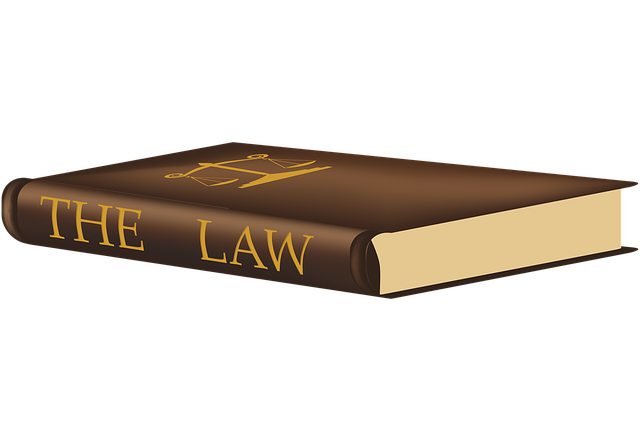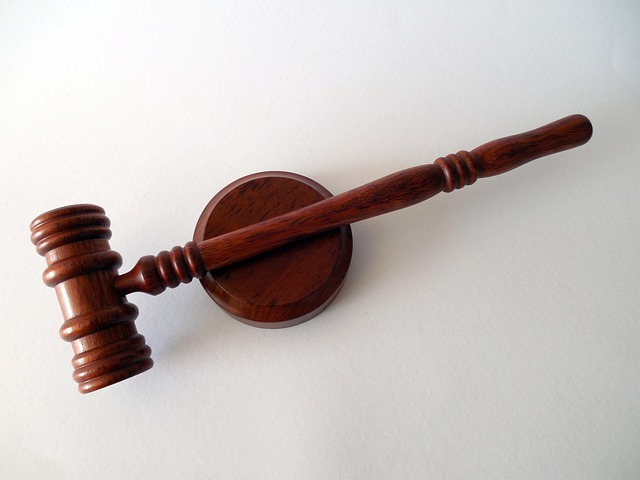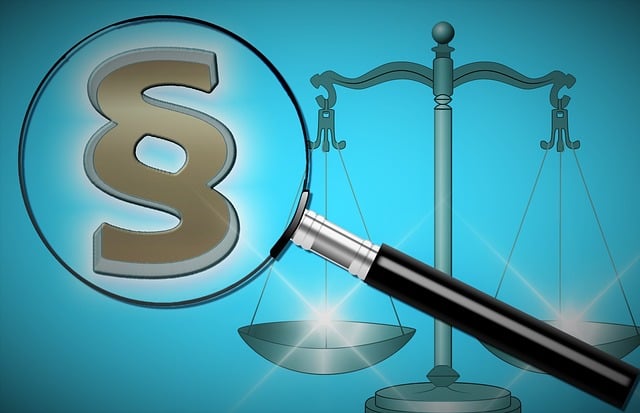Medical malpractice claims are a crucial aspect of criminal law, addressing negligence by healthcare professionals. Jurisdictions follow a structured process involving expert testimony, record review, and demonstrating deviations from care standards to establish liability. Resolving disputes within complex medical regulations requires strategic legal expertise, with specialists navigating intricate issues for fair patient compensation and justice. Expertise in both criminal law and healthcare regulations is vital for guiding clients through compliance rules and building robust defense strategies.
“Criminal law cases involving medical malpractice and patient rights violations are complex landscapes where understanding legal nuances is paramount. This article guides you through the intricacies of navigating these disputes, with a focus on resolving conflicts within the framework of medical regulations.
We’ll explore key aspects like recognizing and pursuing medical malpractice claims, defending against patient rights violations, and the crucial role of legal expertise in interpreting and enforcing medical regulations. By understanding these dynamics, individuals and institutions can better manage risks and ensure ethical, compliant practices.”
- Understanding Medical Malpractice Claims
- Legal Battles in Patient Rights Violation
- Navigating Regulations: Resolving Disputes
Understanding Medical Malpractice Claims
Medical malpractice claims are a critical aspect of criminal law cases, especially when it comes to resolving disputes related to medical regulations. These claims involve allegations of negligence or misconduct by healthcare professionals, such as doctors, nurses, or hospitals. Understanding this complex area is essential for both legal practitioners and those affected by such incidents.
In many jurisdictions, medical malpractice follows a structured process. Patients who believe they have suffered harm due to medical treatment can file a claim against the responsible party. This often involves gathering expert testimony, reviewing medical records, and demonstrating that the healthcare provider deviated from accepted standards of care. The goal is to establish liability and quantify damages, ensuring justice for victims of medical negligence. An unprecedented track record of successful cases in this field underscores the importance of robust legal representation and a deep understanding of respective business practices, including white-collar and economic crimes.
Legal Battles in Patient Rights Violation
When patient rights are violated due to medical negligence or malpractice, legal battles often arise, leading to complex resolving disputes in medical regulations cases. These high-stakes cases involve patients advocating for their rights against healthcare providers or facilities that have breached established standards of care. The intricacies of these jury trials demand a deep understanding of medical practices and legal precedents.
Winning challenging defense verdicts in such scenarios isn’t merely about presenting facts; it requires strategic legal maneuvering, expert testimony, and a compelling narrative that highlights the negligence involved. Lawyers specializing in criminal law for medical cases navigate these labyrinthine disputes, ensuring patients receive justice and compensation for their sufferings. This meticulous approach is crucial when dealing with life-altering consequences arising from medical regulations violations.
Navigating Regulations: Resolving Disputes
Navigating complex medical regulations is a critical aspect of resolving disputes in Criminal Law cases involving healthcare professionals. These regulations are designed to ensure patient safety and maintain ethical standards, but they can also create intricate legal challenges. When a dispute arises, understanding the specific rules and guidelines related to medical practices becomes paramount. Legal experts with an expertise in both criminal law and healthcare regulations play a pivotal role in deciphering these complexities. They guide clients, be it corporate or individual, through the labyrinth of rules, ensuring compliance and offering strategic solutions.
The process involves meticulous examination of evidence, case law, and regulatory provisions to build a robust defense strategy. This thorough approach is particularly crucial when dealing with medical negligence claims, where proving liability requires not just understanding the facts but also interpreting intricate legal frameworks. An unprecedented track record in successful dispute resolution testifies to the expertise of these legal professionals, who are adept at navigating these treacherous waters and achieving favorable outcomes for their clients.
In navigating the complex landscape of medical regulations, understanding and effectively resolving disputes are pivotal. By delving into cases involving medical malpractice claims and patient rights violations, we uncover crucial insights into the legal battles that shape healthcare practices. These legal precedents not only protect patients but also guide healthcare providers in adhering to ethical standards and regulatory compliance. Ultimately, resolving disputes in medical regulations is a dynamic process that fosters improved patient care, ensuring fair treatment, and enhancing the overall quality of healthcare services.






